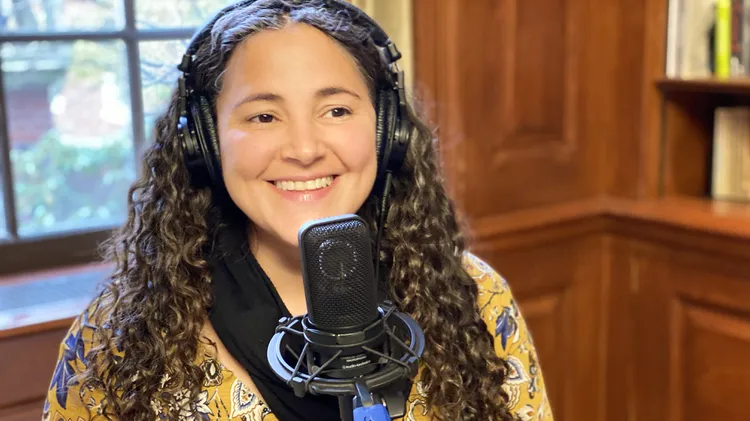Laurie Santos on KCRW
More from KCRW

A new healthcare landscape
Health & WellnessThe next four years won’t be easy, but we need to be vigilant.

Why are public health experts wary of RFK Jr. as HHS head?
PoliticsWhat can we expect if RFK Jr. becomes health secretary? Will Trump take action on Dreamers? Plus, KCRW analyzes how progressives influenced the Democratic mandate.

Assassinating the Myths of Healthcare
Health & WellnessMuch needed attention has been brought upon the for-profit health insurance industry in the wake of the assassination of UnitedHealthcare CEO Brian Thompson.

Drug Promotion to the Public
Health & WellnessWhy do drug companies push drugs to the public that just don’t work?

On yearning for love with adrienne maree brown
Health & WellnessI want a meaningful relationship! This week, author and activist adrienne maree brown joins Myisha to talk about yearning for connection.

When sex just isn’t your thing with Tuck Woodstock
Health & WellnessMy partner isn’t interested in sex! This week, journalist Tuck Woodstock joins Myisha to talk about differences in desire and crushes.

Midweek Reset: On Friendship
Health & WellnessThis week Kate Murphy, journalist and author of “ You’re Not Listening: What You’re Missing and Why It Matters,” sheds some light on the value of true friendships, why quality is often…

Pushback brews following ‘Morning Joe’ visit to Mar-A-Lago
PoliticsWhat should the media consider when covering Trump’s second term? Plus, Surgeon General Dr. Vivek Murthy discusses the loneliness epidemic.

Midweek Reset: On Resilience
Health & WellnessThis week clinical psychologist George Bonanno at Columbia University explores resilience and challenges some traditional notions about trauma and says that humans are far better at…

